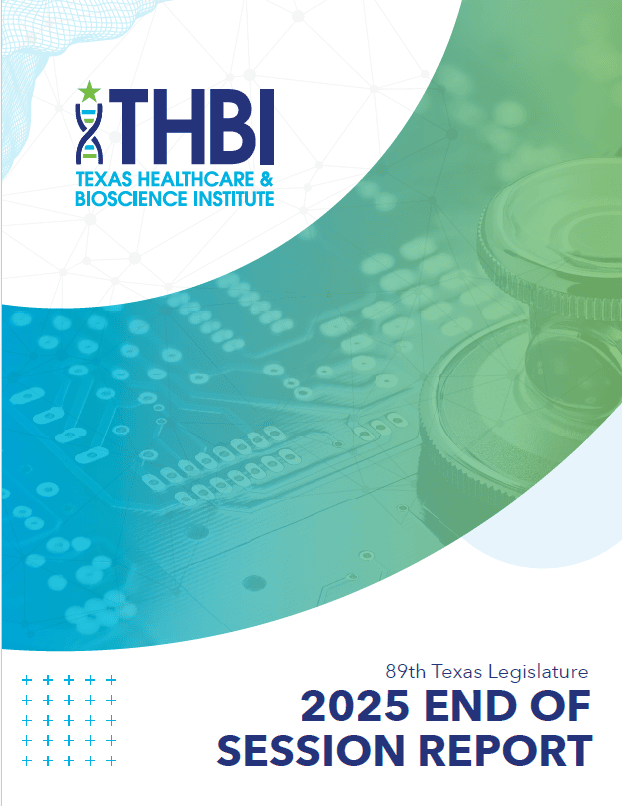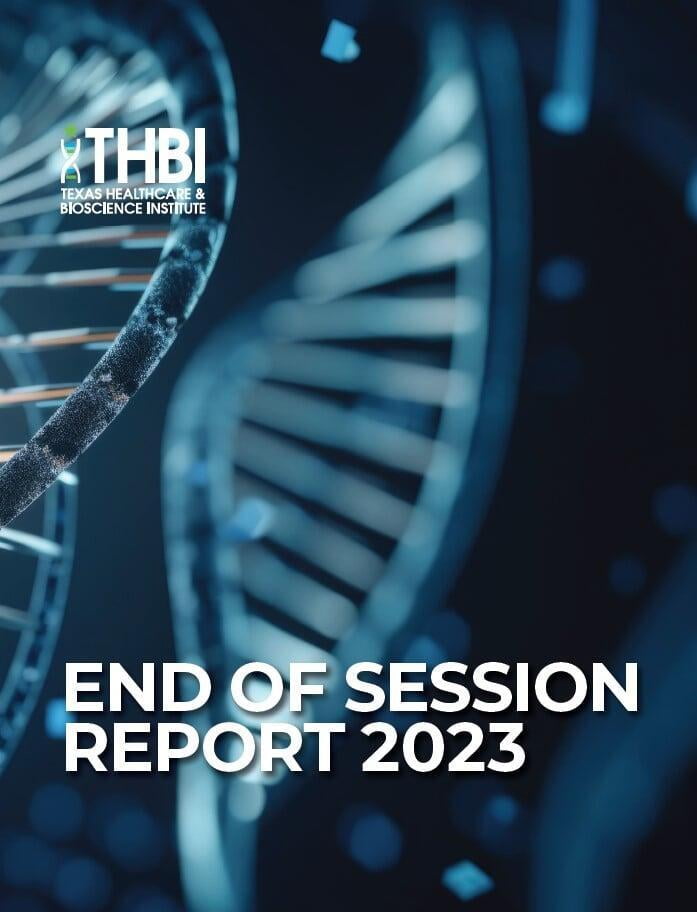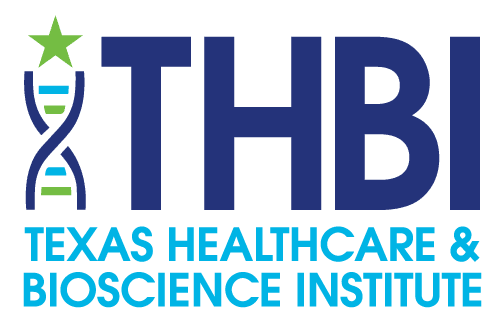2025
Senate Bill 1, the General Appropriations Act, includes directives to each state agency, referred to as riders, that provide additional direction for how spending funds should be conducted. THBI worked to ensure that Art. II Rider 161, which requires HHSC to continue to maintain a clear process for including approved prescription drugs on the Texas Drug Code Index, was included in the final budget. This requires all newly approved drugs to be approved as a Medicaid benefit within 90 days, ensuring patients have access to these new innovations as soon as possible.

2023
House Bill 1, the General Appropriations Act, includes directives to each state agency, referred to as riders, that provide additional direction for how spending funds should be conducted. THBI worked to ensure that Art. II Rider 152, which requires HHSC to continue to maintain a clear process for including approved prescription drugs on the Texas Drug Code Index, was included in the final budget. This requires all newly approved drugs to be approved as a Medicaid benefit within 90 days, ensuring patients have access to these new innovations as soon as possible

2021
Senate Bill 1, the state's biennial budget, includes the development of a clear process for including prescription medications on the Texas Drug Code Index requiring HHSC to clarify their process for the inclusion of prescription drugs in both Medicaid and CHIP.
SMA is the number one genetic cause of death for infants. Spinal muscular atrophy is a genetic disorder that starts in the central nervous system and affects all the muscles in the body, taking away the ability to walk, eat, or breathe. Newborn screening is the most effective and efficient way for babies with SMA to access timely detection, identification, and treatments.
2019
HB1 (the state budget) includes the development of a clear process for including prescription medications on the Texas Drug Code Index requiring HHSC to clarify their process for the inclusion of prescription drugs in both Medicaid and CHIP. The bill also includes a provision of notification related to orphan drugs which is a pharmaceutical agent that has been developed specifically to treat a rare medical condition.
SB 943 relates to the regulation of contracting information and certain entities that handle contracting information that would be considered public. THBI was successful in adding language that would better clarify and protect the definition of a trade secret, including those for pharmaceutical products.
SB 748 relates to maternal and newborn health care, including the newborn screening preservation account as a dedicated account in general revenue to be administered by the Department of State Health Services (DSHS). Money in the account can only be appropriated to DSHS and only for the purposes of carrying out the newborn screening program.
HJR 12 (now Proposition 6) on the November 5, 2019 ballot is the continuation of CPRIT and would allow the Texas Legislature to increase the maximum amount of bonds from $3 billion to $6 billion. THBI is involved in a statewide campaign of advocacy organizations with the goal passing Proposition 6 to continue funding cancer research and prevention in Texas for the next decade.
